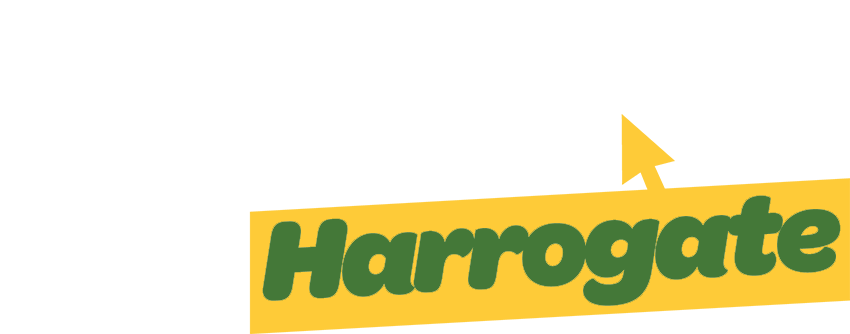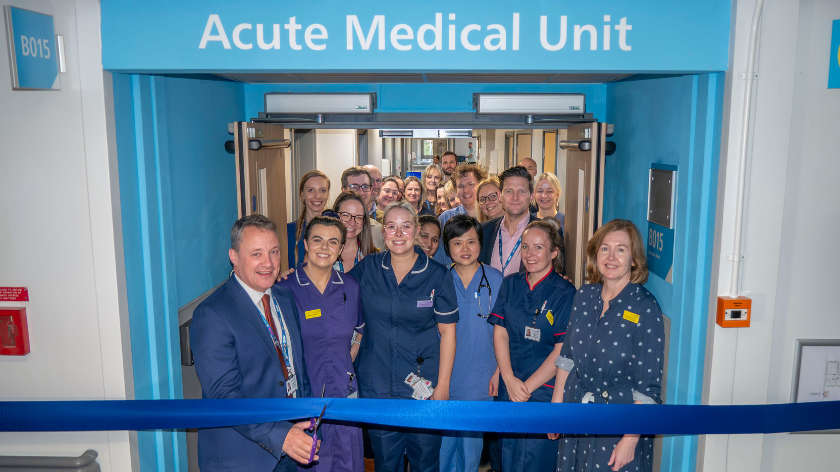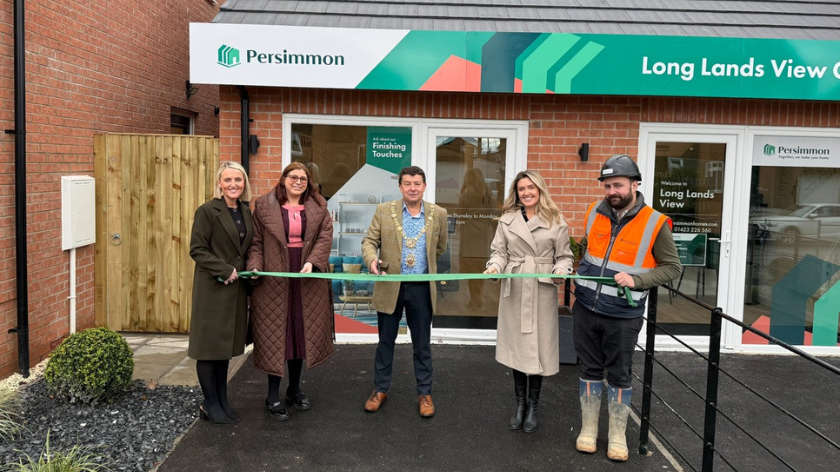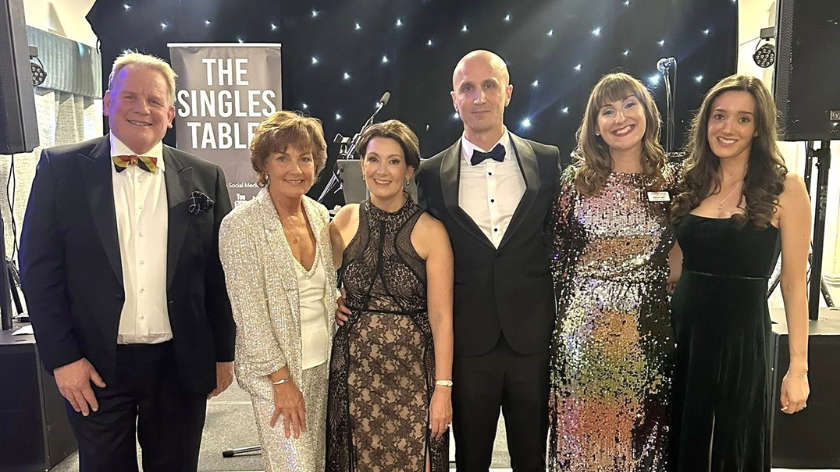
The UK hospitality industry is short of almost 200,000 workers, with the most shortages being front-of-house staff and chef roles.
This is mainly because a significant proportion of staff left the UK for their home countries and didn’t return due to the double crisis of Brexit and the COVID pandemic.
Hospitality services providers in Harrogate have voiced concerns about the town’s staffing challenges, which is projected to worsen by the increase in the minimum income threshold for skilled jobs.
According to the Harrogate Advertiser, Simon J Cotton, a Harrogate hotelier, believes that raising workers’ pay to meet the new visa rules is better than lacking the required staff to meet customer demand.
Mr Cotton stated:
“If British people choose not to take up a career in hospitality, then the only answer is to seek suitable candidates from further afield.”
Local hotels, restaurants, and pubs struggling with staffing in Harrogate can apply for a sponsor licence from the Home Office to recruit skilled workers from abroad.
We’ll discuss the sponsor licence application process in detail, including eligibility criteria, documentation, and the steps in securing this permit.
What is a Sponsor Licence?
A sponsor licence is a legal permit issued by the Home Office that enables organisations to recruit skilled workers from outside the UK, including from the European Economic Area (EEA) and Switzerland.
Holding a valid sponsor licence means that an employer complies with immigration laws and maintains their sponsorship responsibilities. Such employers will have an A rating and be listed in the Home Office’s register of licensed sponsors.
With an A-rated licence, employers can sponsor foreign workers under various visa categories, such as the Skilled Worker Visa, to fill roles the local labour market cannot meet.
However, employers who breach their sponsorship compliance duties can be downgraded to a B-rating. In such cases, they cannot sponsor new workers until they make improvements and the Home Office upgrades them back to an A rating.
The Eligibility Criteria for a Sponsor Licence
To obtain a sponsor licence, employers must check that their business is eligible and the job they intend to sponsor is suitable for sponsorship.
As part of the eligibility requirements, employers must not have:
● Any unspent criminal convictions for immigration offences or other crimes, such as fraud and money laundering.
● A sponsor licence that was revoked in the last 12 months.
Additionally, employers must have appropriate systems to monitor sponsored workers and assign people to manage sponsorship in their business.
For job suitability, the role they intend to sponsor must comply with the UK minimum wage and working time regulations and meet all criteria for the appropriate visa. Besides the general requirements, the role must also meet route-specific requirements for sponsorship.
For instance, hospitality businesses that intend to sponsor entertainers under the Creative Worker Visa must either comply with the creative workers' code of practice or show that the role is eligible for sponsorship because the worker will uniquely contribute to creative life in the UK.
The Sponsorship Management Roles
Sponsors are typically required to appoint key employees within their organisations to manage the sponsorship process using an online platform called the Sponsorship Management System (SMS).
The same person or different people can fill the sponsorship management roles, and these roles include:
● Authorising officer: The authorising officer must be a senior and competent employee and will be responsible for other staff who use the SMS.
● Key contact: The key contact is the organisation’s primary point of contact with the UK Visas and Immigration (UKVI).
● Level 1 user: This user is in charge of the day-to-day management of the licence through the SMS and is responsible for assigning certificates of sponsorship.
Sponsors can also appoint a level 2 user once they have gotten their licence. This user will assist the level 1 user in the daily SMS management but will have restricted access to the system.
System to Monitor Sponsored Workers
As part of the application review process, the UKVI may visit an organisation for a site audit to determine if they have suitable systems and structures to sponsor foreign workers. Sponsors are expected to have HR systems that allow them to:
● Monitor sponsored workers’ immigration statuses
● Store relevant documents that show they’ve carried out the relevant right-to-work checks for each worker.
● Track and record workers’ attendance.
● Keep updated contact details of workers.
● Report any problem to UKVI, such as if a worker stops coming to work.
Types of Sponsor Licence
There are two types of sponsor licences, depending on the role an organisation intends to hire for.
● Worker Licence: This licence allows employers to sponsor skilled workers for long-term, permanent, or short-term employment. It covers employees intending to apply for Skilled Worker, Senior or Specialist Worker, Minister of Religion, and International Sportsperson visas.
● Temporary Worker Licence: This licence allows employers to sponsor foreign workers temporarily, including volunteering roles. It covers the Scale-up Worker, Creative Worker, Charity Worker, Religious Worker, Secondment Worker, Graduate Trainee, Service Supplier, UK Expansion Worker, and Seasonal Worker visas.
How to Apply for a UK Sponsor Licence
Hospitality business owners can apply for their sponsor licence online via the UK government website. The process involves completing the application form and paying the licence fee.
The sponsor licence cost depends on the type of licence being applied for and the organisation's size. Small or charitable sponsors will pay £536 irrespective of the kind of licence they’re applying for. Whereas medium or large organisations will pay the following:
● For a Worker licence: £1,476
● For a Temporary Worker licence: £536
● To add a Worker licence to an existing Temporary Worker licence: £940
After making the online application, applicants must send their submission sheet and supporting documents to a designated email address.
The UKVI will review the application, conduct a site audit if necessary, and grant a decision within eight weeks. Organisations that receive a successful decision on their application can then assign a certificate of sponsorship through their SMS to an intending applicant who will use it to apply for their visa.
It’s important to note that having a certificate of sponsorship doesn’t automatically grant a migrant worker entry into the UK, as it is only one of the requirements for a visa. To enter the UK and work, they’ll need to meet the other criteria of their visa category.


:format(jpeg):mode_rgb():quality(90)/discogs-images/R-743660-1395260056-2652.jpeg.jpg)












